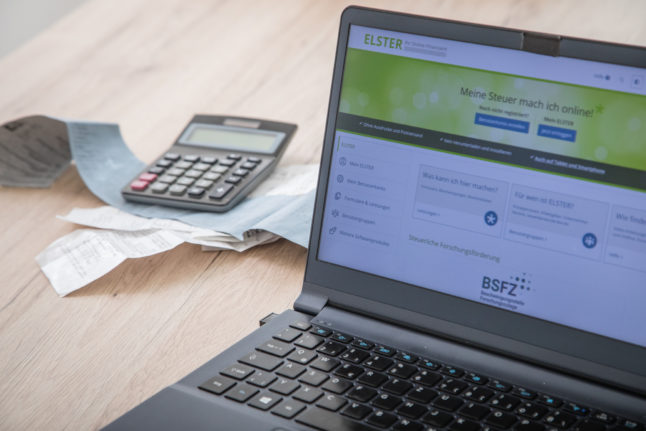If you have recently moved to Germany and taken up employment you have probably had the experience of excitedly opening your first pay slip only to find that a huge chunk of your income is taken off you in taxes and social security contributions.
You’re not just imagining that these burdens are higher than in your home country. An OECD report from 2017 showed that Germany has the highest tax burden in the world after Belgium. The report of 35 countries in the developed world showed that close to half of the cost of employing someone in the Bundesrepublik goes towards taxes and social security contributions.
With the German economy experiencing years of growth, high taxes also mean that the German state is repeatedly breaking records for the size of its tax revenue. Last year, the finance ministry estimated record tax intakes for 2018 of €772.1 billion and an increase to an annual intake of €905.9 billion in 2022.
Against this background, calls are growing louder for the Finance Minister, Olaf Scholz, to reduce the tax burden on companies and employees. And with Scholz set to release estimates for the state’s tax intake in 2019 on Thursday, industry and taxpayer organizations have jumped at the chance to attack the government's fiscal policies.
“The tax burden has grown to a record high, so it’s high time that taxes are cut,” Joachim Lang, head of the Federal Association of German Industry told DPA.
SEE ALSO: These are the eight German tax breaks you need to know about
Lang warned that Germany is developing from “a high tax country to the highest tax country.” He argued that companies needed to be given tax relief to ensure that Germany remains competitive in a global economy in which other countries are reducing their corporate tax rates.
“All across Europe countries are lowering their corporate tax rates. This is happening in France, Belgium, Luxembourg and Britain,” said Lang. “It can’t be justified any longer that Germany doesn’t react.
The industry lobbyist said that Germany would need to reduce its corporate tax rate from 30 percent to below 25 percent to remain competitive with an OECD average of 24.7 percent.
The Taxpayer’s Federation meanwhile said that employees also needed relief from the high tax burden. Because of the fact that wages have been increasing faster than the government has readjusted tax rates, anyone who earns above €55,000 falls into the highest tax bracket.
The Taxpayer’s Federation said that this no longer reflected the real value of such a salary and called on Thursday on Scholz to raise the top salary bracket to over €80,000.
But Scholz, a power figure in the Social Democrat party, has made clear that he is reluctant to offer any further tax relief. He pointed out that the government has already committed itself to abolishing the Solidarity Tax (a tax to support former east Germany) for 90 percent of taxpayers by 2021. He said that this measure would cost the federal government €10 billion annually.
Scholz also argued that slower than expected economic growth would suppress the state’s tax revenues this year.



 Please whitelist us to continue reading.
Please whitelist us to continue reading.
Member comments